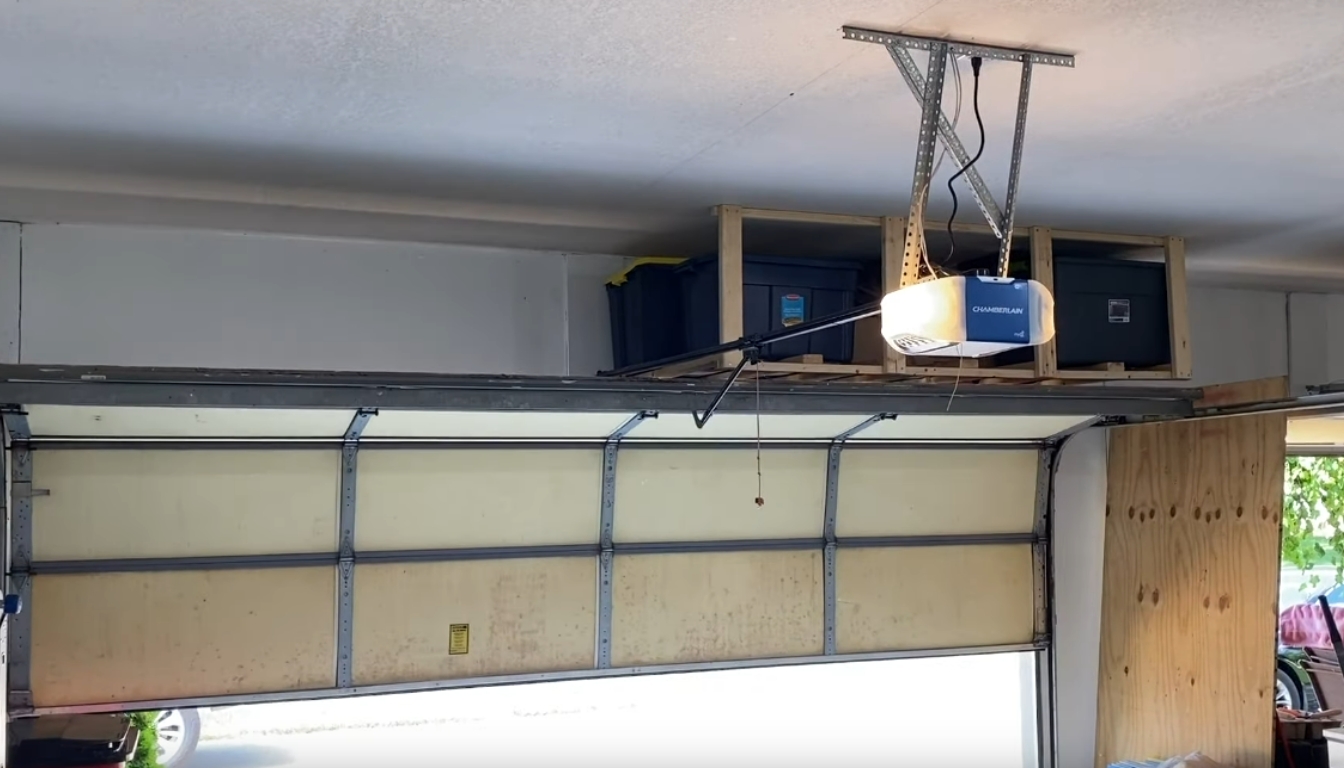Introduction
Humidity is one of those often-overlooked factors that can dramatically affect the functionality trusted local garage door service of various mechanisms, particularly in our everyday lives. You might not think twice about the impact humidity has on your garage door opener or garage door spring until something goes wrong. In regions where humidity levels fluctuate, residents may find themselves facing unexpected issues, including a garage door that won't close properly or other malfunctions. This article delves deep into how humidity impacts the functionality of your springs and mechanisms, providing insights, preventive measures, and expert advice for homeowners.
How Humidity Impacts the Functionality of Your Springs & Mechanisms
When we talk about humidity's impact on mechanics like garage door systems, it’s crucial to understand how moisture interacts with different materials. Springs, for instance, are typically made of metal that can corrode when exposed to high levels of humidity over time. This corrosion can lead to weakened springs and ultimately cause them to fail when you need them most.
1. Understanding Humidity: What Is It?
Humidity refers to the amount of water vapor present in the air. It varies from place to place and season to season, playing a significant role in weather conditions. But why should homeowners care about it?
1.1 Types of Humidity
Absolute Humidity: The actual amount of water vapor in a given volume of air. Relative Humidity: A percentage indicating how much water vapor is present compared to the maximum amount that could be there at a given temperature.Understanding these types helps us grasp why certain conditions — especially high relative humidity — can adversely affect mechanical systems like garage doors.
2. How Humidity Affects Garage Door Springs
Garage door springs are vital components responsible for lifting and lowering your door smoothly. Here’s how humidity can take its toll on them:
2.1 Corrosion and Rust Formation
- Impact: High moisture levels accelerate rust formation on metal springs. Consequence: Rust compromises structural integrity, leading to potential breakage or malfunction.
2.2 Expansion and Contraction
- Impact: Metal reacts to moisture by expanding when wet and contracting when dry. Consequence: This constant cycle can cause misalignment in your garage door mechanism.
3. The Role of Lubrication in High-Humidity Areas
Regular lubrication helps mitigate some issues caused by humidity. However, not all lubricants are created equal.
3.1 Choosing the Right Lubricant
- Use silicone-based lubricants instead of petroleum-based ones as they are less likely to attract dust and grime.
3.2 Maintenance Schedule
- Regular maintenance is crucial; consider a monthly check during humid seasons.
4. Garage Door Openers: The Unsung Heroes
Your garage door opener works tirelessly behind the scenes but is susceptible to humidity as well.
4.1 Electrical Components Failure
- Moisture can lead to short circuits or other electrical failures within your opener mechanism.
4.2 Remote Control Malfunctioning
- High humidity levels may also affect remote controls, rendering them less effective due to moisture interference.
5. Common Problems Due to High Humidity
What exact issues might you face with your garage door system due to elevated humidity levels? Here are some common problems:
| Problem | Description | |------------------------------|------------------------------------------------------| | Garage Door Won't Close | Often linked to corrosion or misalignment caused by spring issues | | Sticking Mechanism | Rust buildup causing friction within components | | Noisy Operation | Increased noise due to lack of lubrication | | Slow Response Time | Electrical failures affecting opener performance |
FAQs About Humidity’s Impact on Garage Doors
1. What should I do if my garage door won't close?
Check for rust on springs or malfunctioning sensors caused by moisture exposure.
2. How often should I perform garage door maintenance?
A thorough inspection every 6 months; more frequently in humid conditions is recommended.
3. Can I use any lubricant for my garage door springs?
No! Opt for silicone-based lubricants; they repel moisture better than petroleum-based ones.
4. What signs indicate my garage door springs need replacing?
Look out for visible rust, unusual noises during operation, or if the door doesn’t open smoothly.

5. Is it necessary to hire professional garage door service regularly?
Yes! Professionals can provide comprehensive checks that ensure longevity and performance amidst fluctuating humidity levels.
6. Can high humidity affect other parts of my garage door system?
Absolutely! Components like tracks and rollers can also become compromised due to moisture-related wear and tear.
Conclusion
Given all we've discussed regarding how humidity impacts the functionality of your springs & mechanisms, it's clear that regular maintenance is not just a suggestion but a necessity for homeowners—especially those living in humid climates like Moreton Bay! By understanding how these environmental factors interact with your essential gear such as garage doors and openers, you empower yourself with knowledge that keeps your home secure and functional year-round.
To ensure everything runs smoothly regardless of what Mother Nature throws at you next, don't hesitate; schedule a professional garage door service today! After all, prevention is better than cure—especially when dealing with heavy machinery like your trusty garage doors!
This comprehensive guide provides valuable insights into maintaining optimal functionality despite environmental challenges posed by humidity—a factor we often take for granted but one that's undeniably influential in our day-to-day lives!